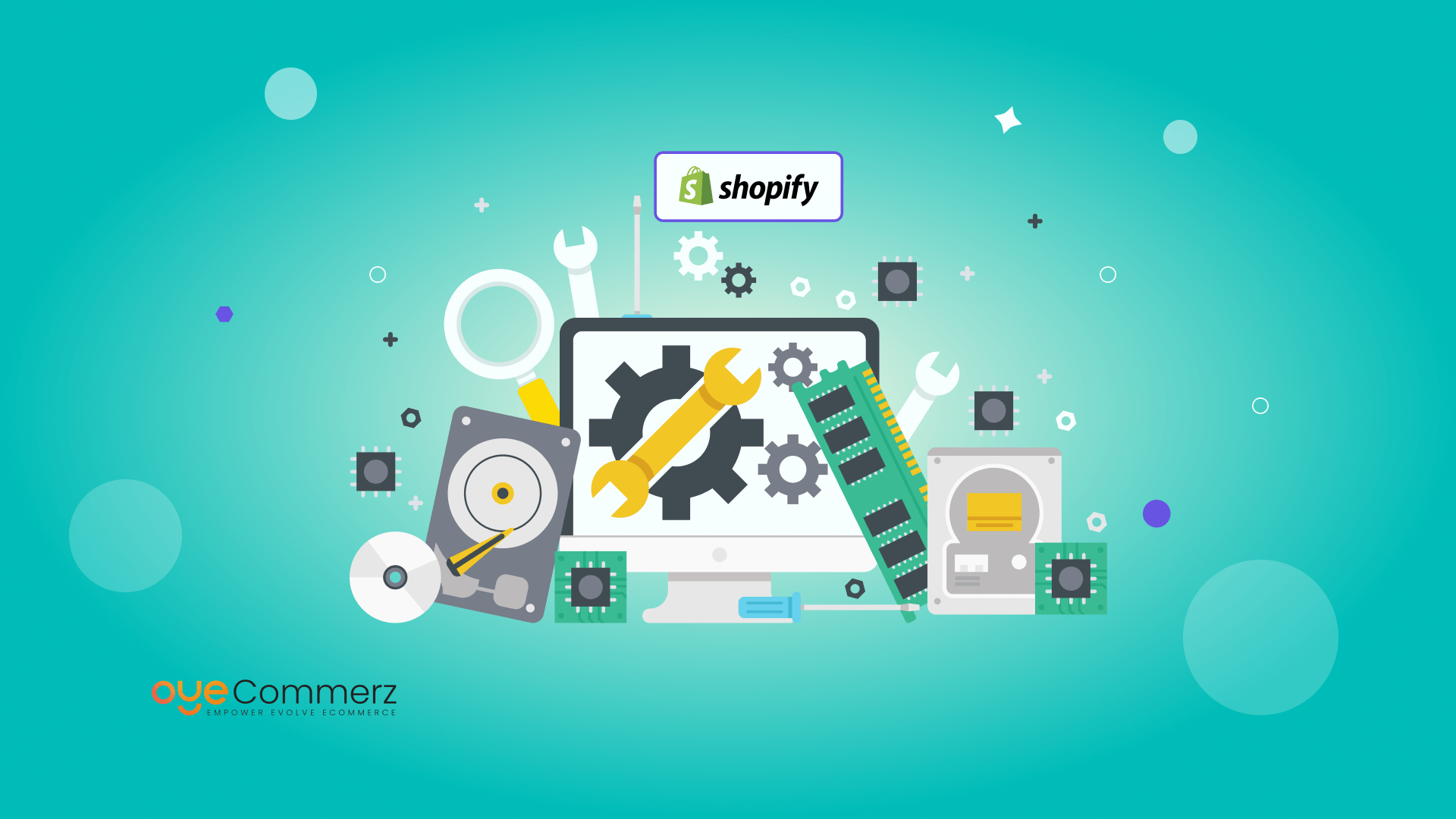Introduction
In today’s competitive e-commerce environment, differentiating is paramount, and a top method to differentiate a Shopify store is through tailored app development. A robust Shopify app can boost store functionality, simplify processes, and boost customer interaction. This article explores essential aspects of Shopify app development, covering API integration and app ecosystem to growth techniques and digital marketing approaches, providing a roadmap for businesses looking for superior store performance.
Why Shopify API Integration Matters
Shopify’s API provides powerful tools to customize and extend store capabilities. With the GraphQL and REST API options, developers can access data to build applications that manage inventory control, order processing, and customer data management seamlessly. Using Shopify’s API can lead to better workflow automation and enables stores to assist shoppers more efficiently.
Utilizing the Polaris Design System
Shopify’s Polaris is Shopify's set of design guidelines for designing intuitive and easy-to-use Shopify apps. By adhering to Polaris principles, developers guarantee that apps seamlessly integrate within the Shopify Admin interface. This provides a cohesive appearance that resonates with Shopify merchants, promoting ease of use and comfort for merchants using your tailored app.
Navigating the Shopify App Ecosystem
The Shopify app ecosystem offers endless possibilities for enhancing e-commerce sites. From managing fulfillment processes to increasing customer interaction, apps in this ecosystem are tailored to meet diverse business needs. Learning about this ecosystem assists developers in identifying unique app opportunities and enables seamless integration of third-party services that enhance the store.
Developing Embedded Shopify Apps
Embedded apps work seamlessly within the Shopify Admin, providing a smooth interface for merchants. They ensure that merchants do not need to leave their Shopify control panel, simplifying their process. Employing Shopify App Bridge and embedded app features is a best practice for providing a unified, integrated user experience.
Using Node.js and React for Shopify Apps
Node.js and React have emerged as ideal tools for Shopify app creation. This server-side framework enables efficient server-side applications, while React enables dynamic, responsive front-end design. Combined, they provide an strong platform for creating speedy, growth-ready Shopify apps that improve store performance and customer interaction.
Utilizing Webhooks in Shopify Development
Webhooks allow real-time data synchronization between Shopify and an external app. They initiate events such as new orders or inventory updates and send instant notifications to your app. By utilizing webhooks, apps can provide up-to-date insights for Real-time data synchronization in Shopify store owners, simplifying processes and increasing efficiency.
Engaging Customers Through Digital Marketing for Shopify Apps
To make a Shopify app successful, engaging customers is key. Utilizing digital marketing strategies like SEO, email marketing, and social outreach can increase app usage. Additionally, designing apps with customer interaction as a focus (e.g., loyalty programs or personalized suggestions) increases user retention and satisfaction.
Making Your Shopify App Scalable
As e-commerce stores expand, so do their technology requirements. Making sure that your app can manage higher usage, larger databases, and more advanced functionalities is critical. By improving server resources and using scalable technologies, you can create apps that grow in tandem with a store’s success.
Essential Features and Maintenance for Shopify Apps
For Features for successful Shopify app development an app to be effective, it should offer key capabilities like user authentication, analytics dashboard, and customer support options. Regular app upkeep, including updates to fix bugs and ensuring compatibility with new Shopify functionalities, is important to ensure uninterrupted performance and prevent disruptions to business processes.
Summary
Custom Shopify app development holds vast potential for e-commerce stores, offering the chance to improve performance, streamline processes, and build customer relationships. From integrating APIs to ensuring scalability and customer interaction, building a Shopify app involves thoughtful preparation and strategic execution. If you’re ready to elevate your e-commerce experience, a tailored Shopify application may be the perfect solution. What features do you see for your ideal app? Share your thoughts and begin the journey to an optimized e-commerce journey!
